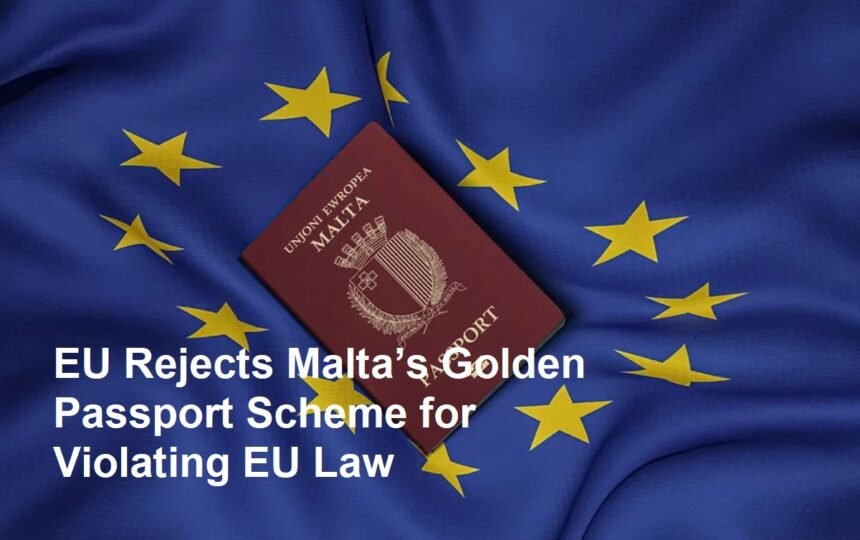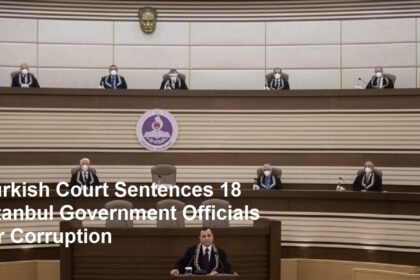On April 29, 2025, the European Court of Justice ruled that Malta’s “golden passport” scheme, which allowed individuals to obtain Maltese citizenship in exchange for significant financial investments, is illegal under European Union law. This landmark decision requires Malta to scrap its controversial cash-for-citizenship program, which had been criticized for undermining the integrity of EU citizenship and posing security risks.
Background of the Scheme
Malta’s golden passport program, initiated in 2013 and expanded in 2020, enabled wealthy foreigners to acquire Maltese citizenship by investing at least €600,000, purchasing or renting property, and making charitable donations. Citizenship granted under this scheme also conferred EU citizenship, allowing holders to live and work freely across all EU member states.
The program generated over €1.4 billion in revenue for Malta since its inception and was seen by the Maltese government as a valuable source of investment for the country’s economy.
Legal Challenges and EU Court Ruling
The European Commission challenged Malta’s scheme, arguing that it violated EU law by effectively commercializing citizenship. The Court of Justice agreed, stating that granting nationality in exchange for predetermined payments reduces citizenship to a mere commercial transaction, which is incompatible with the principles of the EU.
The court emphasized that such practices jeopardize the mutual trust between EU member states, which is essential for the functioning of the EU’s internal market and freedom of movement. The ruling also highlighted concerns about potential money laundering, corruption, and security risks associated with investor citizenship programs.
Reactions and Implications
Malta’s government expressed respect for the ruling and stated it would study the legal implications to align its citizenship framework with the court’s decision. However, it also defended the program’s economic benefits and its role in funding national projects.
Transparency advocates and critics hailed the ruling as a victory for the integrity of EU citizenship and a step toward ending the sale of passports across Europe. The decision puts pressure on other EU countries with similar investor citizenship or residency schemes to reconsider their policies.
Broader Context
Malta was the last EU country to offer citizenship in exchange for investment, with other nations having already suspended or ended such programs amid growing criticism. The EU has increasingly called for the abolition of “golden passport” schemes, citing risks to security, governance, and the principle of equal citizenship.
The ruling reinforces the idea that while member states have the authority to determine their nationality laws, these laws must not undermine the collective legal framework and trust that underpin the European Union.









